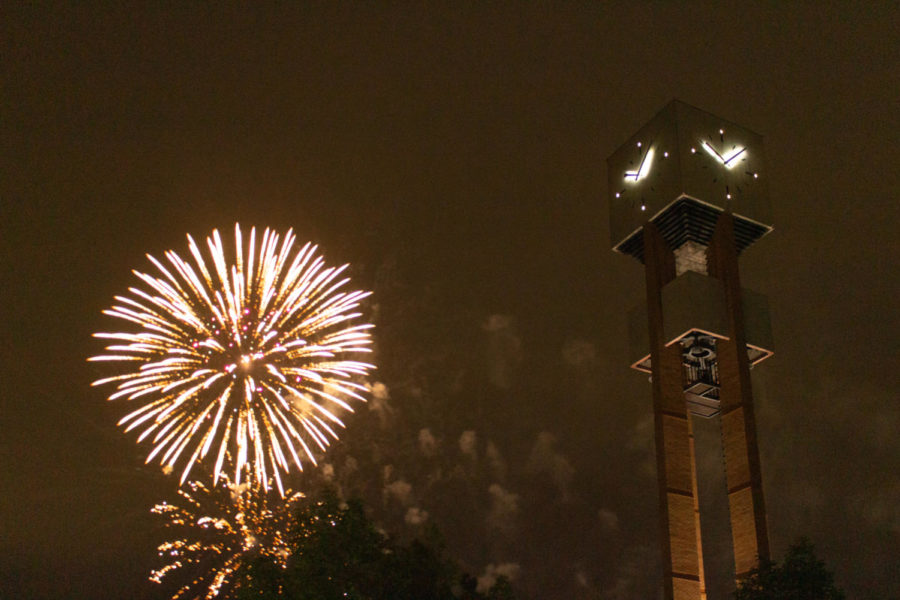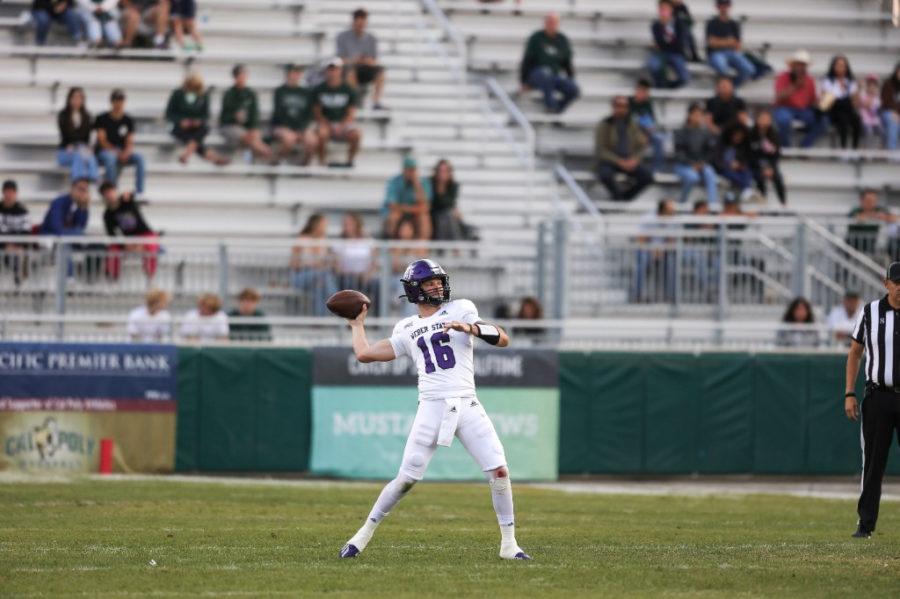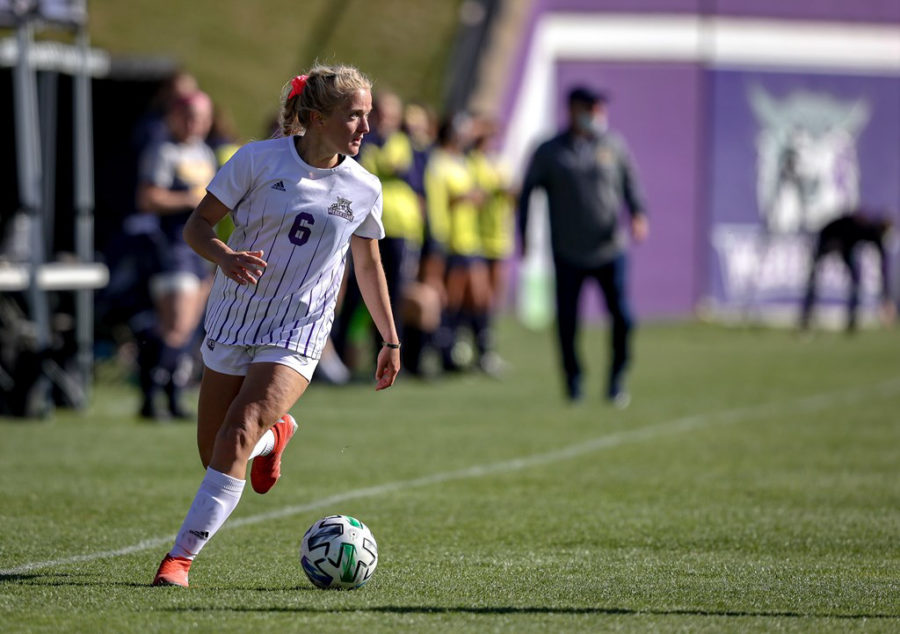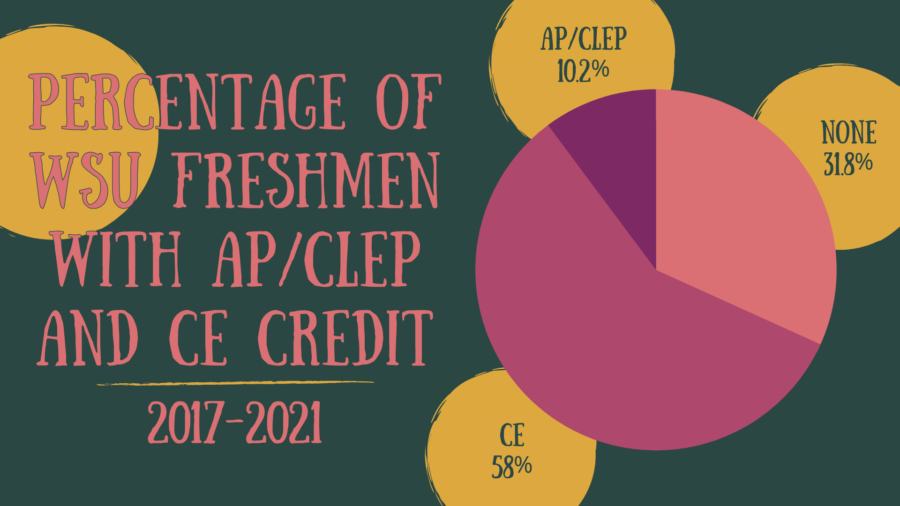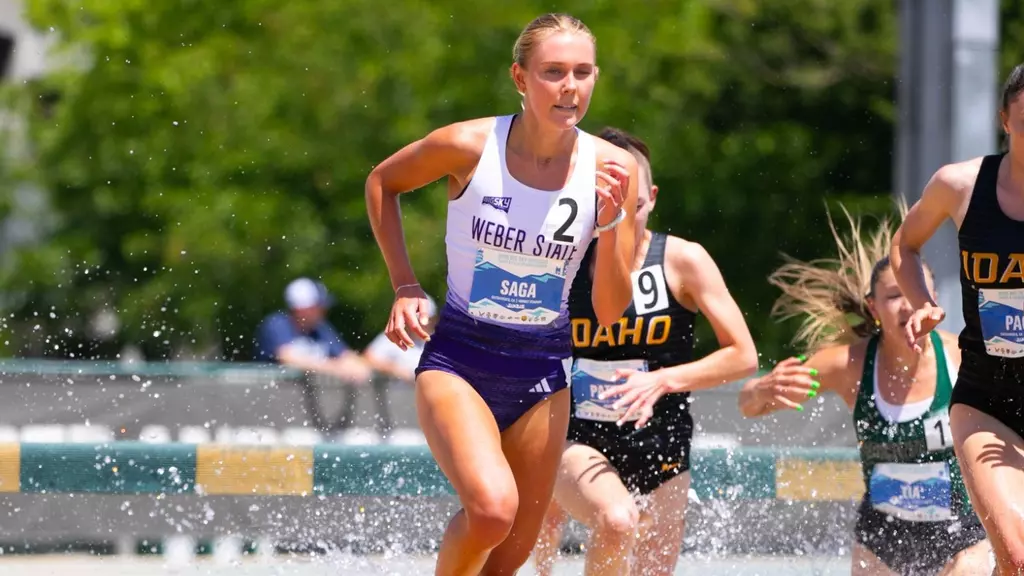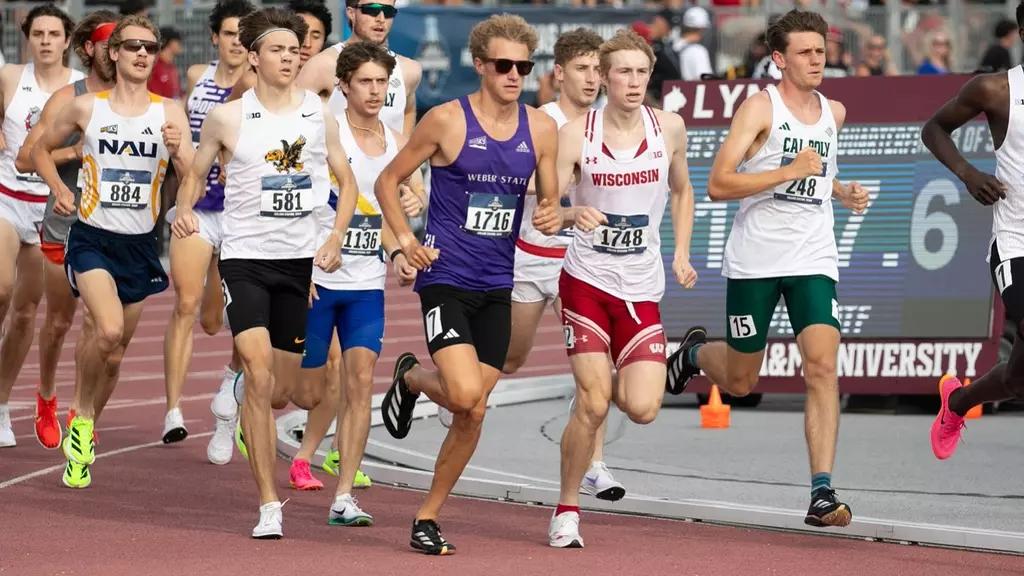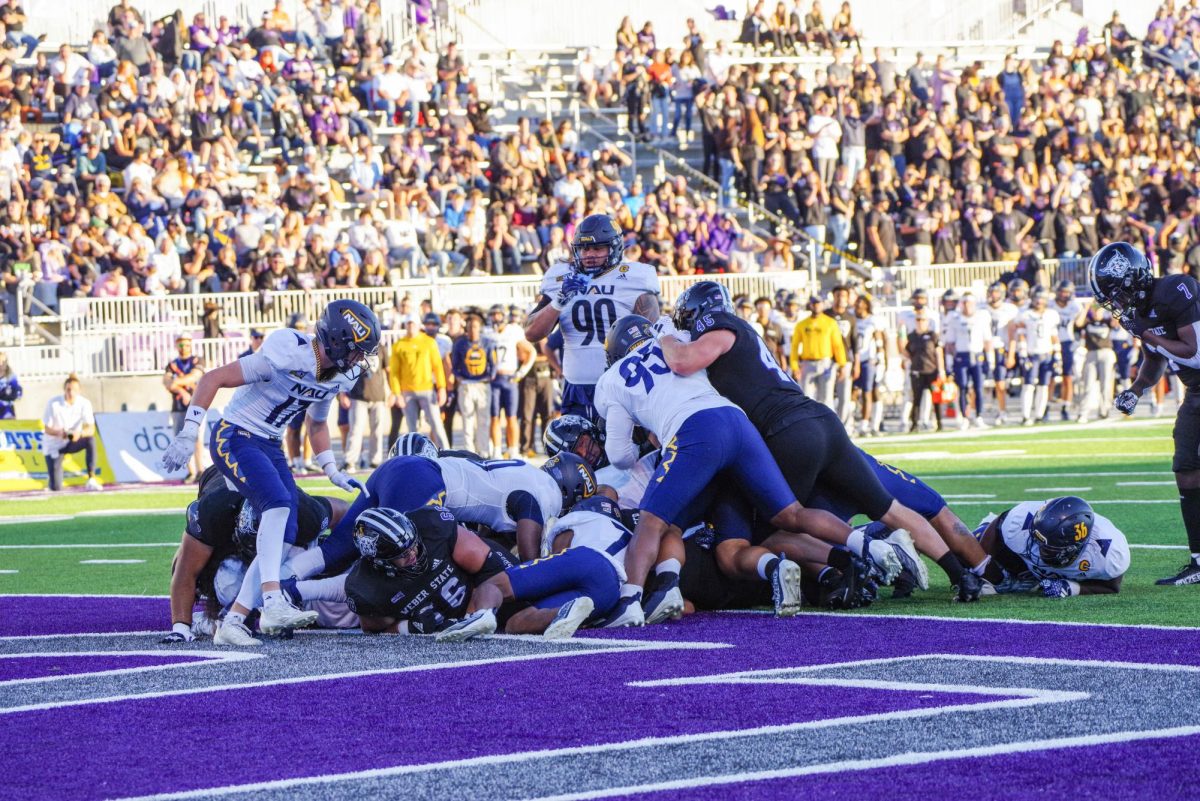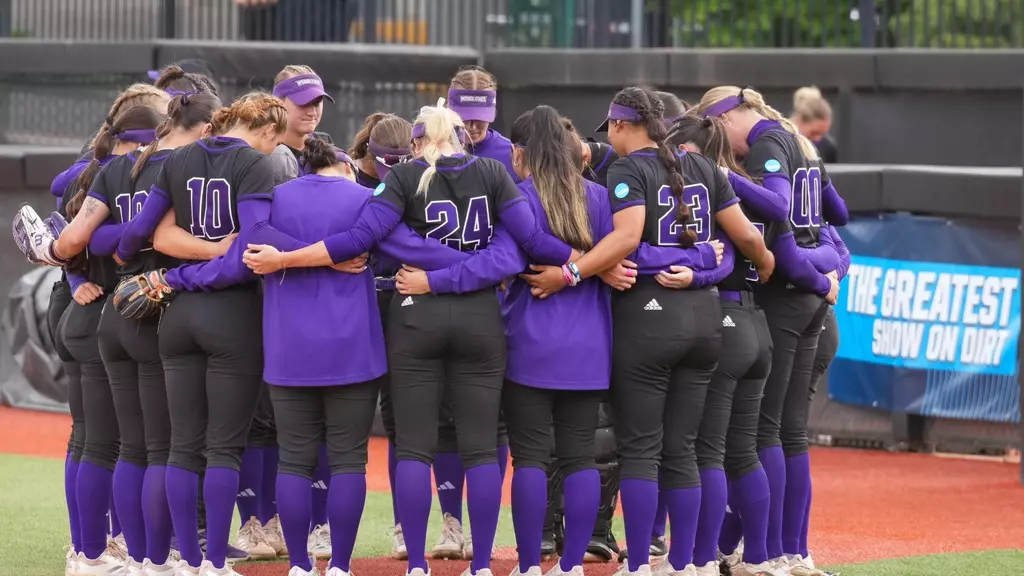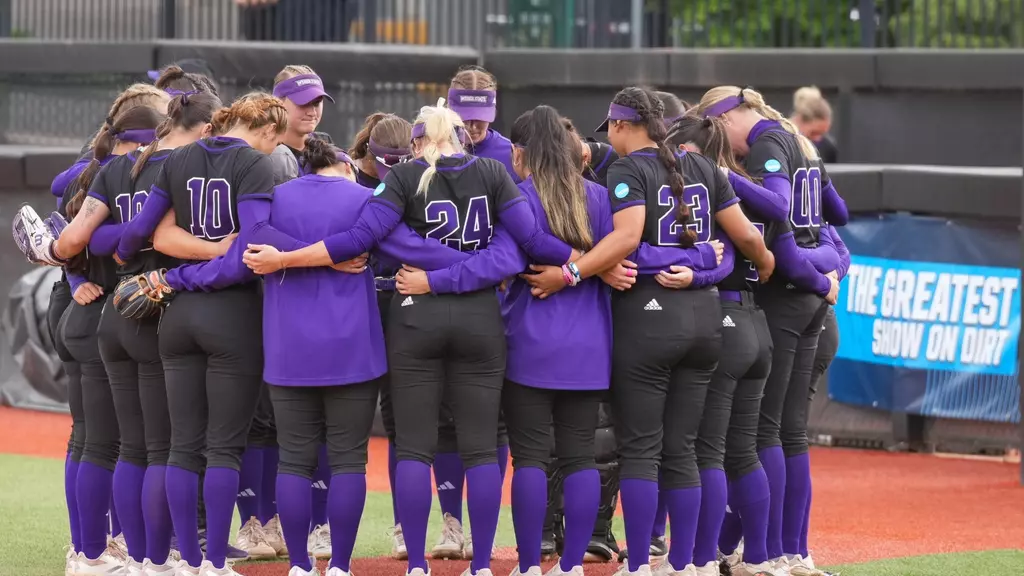When Weber State University announced that there was a chance to win $45,000 through Weber Campus Recreation, students who participated in extreme sports began to research and create pitches. The $45,000 would not be rewarded by draw or raffle but through a contest named Outdoor Weber. It was focused on outdoor out-reach and was a pitch competition for business ideas.
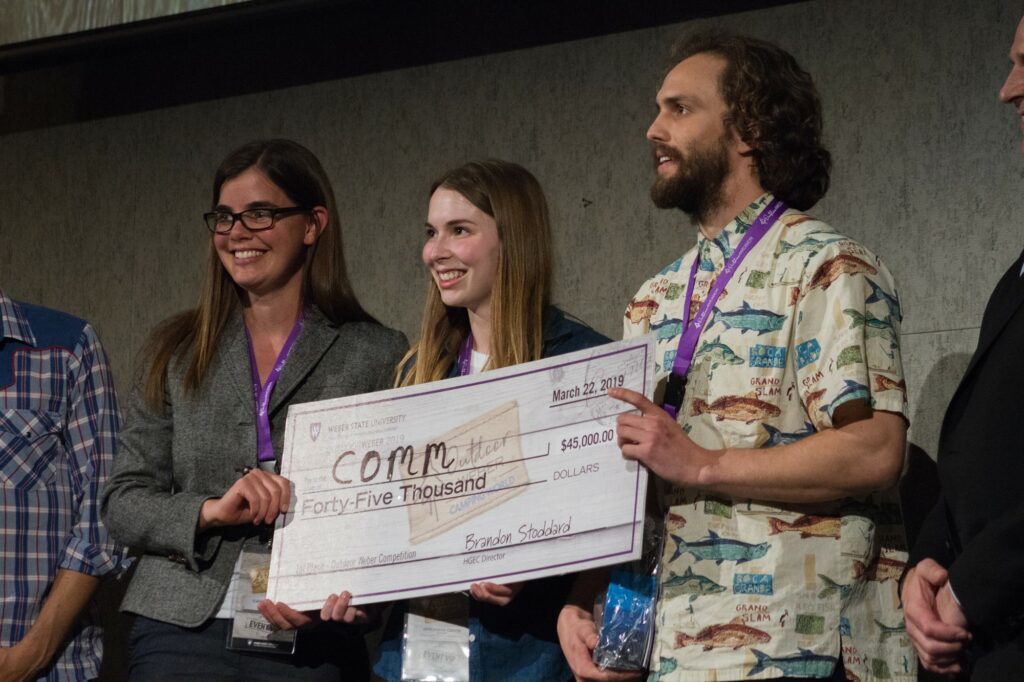
There were $75,000 worth of prizes given out by the end of the night. The main requirement was that a team director had to be a university student who is enrolled in at least six credit hours during the 2019 spring semester.
Aside from the grand prize for first place, second place was to be rewarded $20,000 and third place was to be rewarded $10,000.
Contestants were able to submit their ideas through video from Jan. 14 to Jan. 30. A few days later, voting was underway.
From Feb. 1 to Feb. 15, contestant videos were being voted upon. 10 days later, finalists were alerted. On March 20, a three-day competition began to determine the winner of Outdoor Weber.
Longtime journalist Steve Hawk traveled to Ogden to speak to contestants and anyone who had interest in Outdoor Weber.
As the brother of professional skateboarder Tony Hawk, he used his life story to inspire students to continue to follow their dreams, even if there was no money attached to it.
“Tony certainly did that and went on to become of the most famous athletes of his generation,” Hawk said.
Later in the night, guest speaker Ryan Holiday got on stage and gave a presentation that had the attention of everyone.
Holiday is a writer and entrepreneur who dropped out of college at 19 to chase his dreams. He spoke about building a brand and all the steps it takes to get to where one wishes.
Hawk then read off the three winners of the prize money.
In third place was Jamie Milstein from Tulane University who was unavailable for comment.
In second place was Jason Glenn from Brigham Young University. Glenn’s business pitch was spring-loaded snowboard straps, and he wanted to make strapping in and out of a snowboard less of a hassle.
“For a snowboarder, every time they get on the lift, they have to unstrap one of their feet. Then when they get to the top of the lift, they have to find their way to a spot that’s out of the way,” Glenn said. “They have to sit down, reach down, move the straps, place their foot, hold the straps back, strap it up, stand up and then they can go. They do this like 15 times a day, and it’s tiring.”
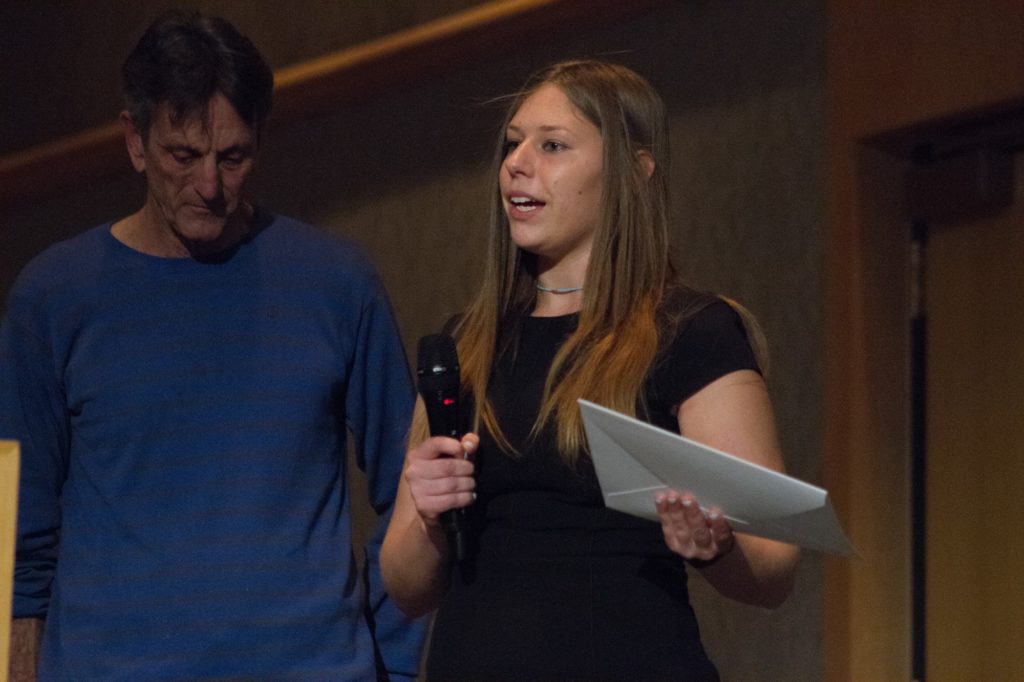
Glenn’s idea landed him $20,000 and the chance to make snowboarding a little less difficult.
The first place winners were Brenna and William Davis. They are both students from BYU and their idea was based on communication. The inspiration for their product was an unusual one.
“I almost died a couple times. I was stuck in a plateau in Utah for 13 hours. I had no food and couldn’t get off,” William Davis said. “My buddy who was more experienced repelled off. In the situation, I just had to follow him, and he was yelling stuff, but I was thinking, ‘Hopefully it’s safe.’ The rope was 10 feet short, and I had to fall off it on gravel that goes off another cliff, and he just had to catch me.”
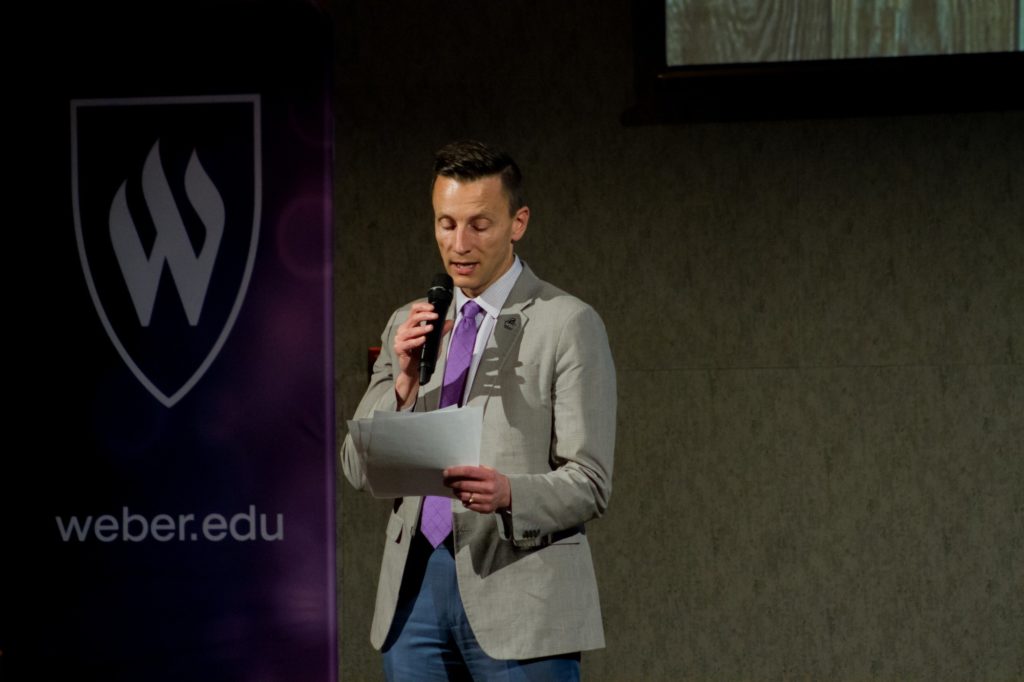
They wanted to make a device that makes it easy to communicate in these emergency situations and the judges rewarded them with $45,000 to help make it eventually try and make it happen.
Savannah Goodall from Ogden Peak Communication enjoyed working the event.
“I thought it was successful and exciting. I was able to network with Steve Hawk while getting my hands dirty with real life public relations tasks and experiences,” Goodall said.








